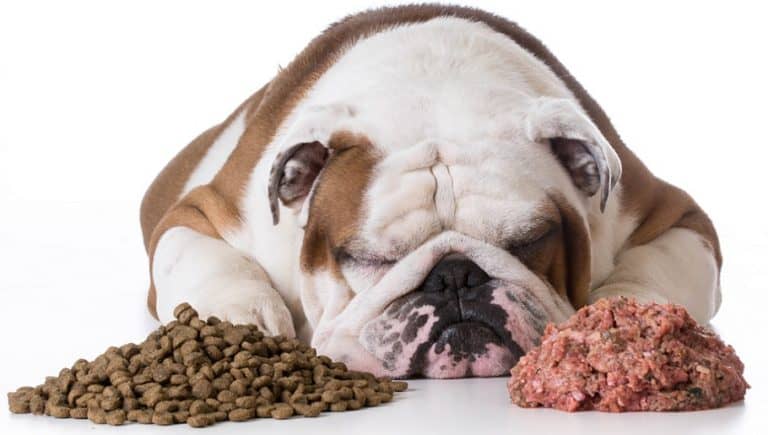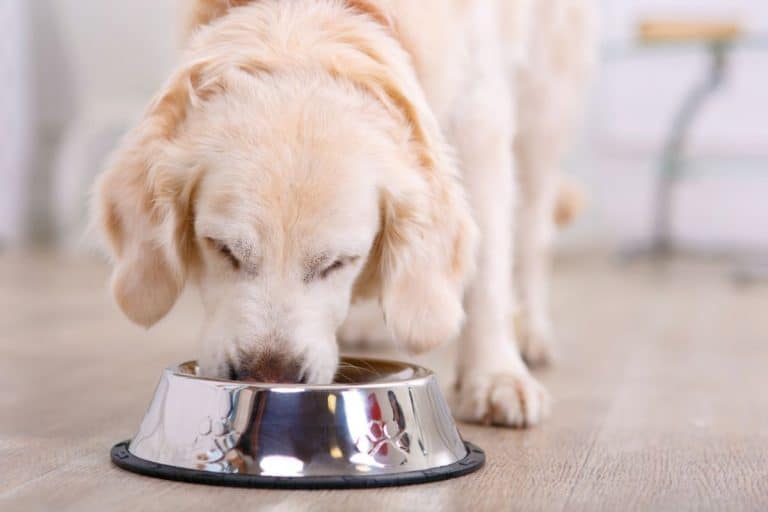Why Do Dogs Get Sensitive Stomach
You may have thought that dogs have bottomless pits for a stomach and can wolf down mostly anything. Well, they may have guts of steel, and can happily munch on anything that comes by their way, without any harm. But not all dogs have such a strong constitution and these dogs with sensitive tummies can suffer a fair bit.
Symptoms you Dog has a Sensitive Stomach
If your dog suffers from these following symptoms, you’ll know for sure that your dog has a sensitive tummy and can then work out a solution.
- Bloated tummies and gas: If you notice that your dog is passing more gas than normal (and trust us, if your dog is farting excessively, there’s no way you can ignore it), then your dog has a sensitive stomach and may have to change their diet.
- Sporadic vomiting sessions: There is no reason why your dog should vomit unless they are not well or something is wrong. If you see your dog vomiting more than what could be normal, you should get your dog checked.
- Diarrhoea: Loose stools are an indication that something is wrong with your dog’s tummy. Just like we too suffer from an upset stomach when we’ve eaten something that doesn’t agree with our stomach, similarly, your dog too could find something in their diet that doesn’t sit well with them.
- Eating grass: Dogs eat grass when they have an upset stomach and this is a natural remedy that dogs know about. However, the grass blades could cause vomiting as well.
What could be the causes of a sensitive stomach?
Each dog is different, and what could be the reason for a dog’s adverse reaction could not affect another one. However, there are usually common complaints which could be related to certain food allergies or even intolerance to particular foods. There are many breeds that are allergic to grains such as corn, soy and wheat, while the protein sources in dog foods could cause allergic reactions in some dogs.
How can you remedy your dog’s sensitive stomach?
Simplify your dog’s diet. It can be very tempting to give in to your dog’s soulful eyes that seem to beg for scraps off your table, but the food you give your dog out of love could give your four legged friend a bit of tummy trouble. Cut back to giving only one digestible treat and definitely keep an eye that your pooch does not go sniffing around any garbage so that your furry friend doesn’t eat something they shouldn’t.
The next step would be to take a closer look at the food you feed your dog. Does your dog food include higher amounts of fat? Dogs digest carbohydrates and proteins faster than fat, and 15% fat is an ideal amount for your dog. Anything higher than that should be avoided.
Also, ensure that your dog food includes fiber which will help in the digestive process. Including vitamin A, C and E in your dog’s diet will keep your dog healthy. If you notice that your dog’s situation hasn’t improved after making all the changes, talk to your vet to find out if it is something more serious.






